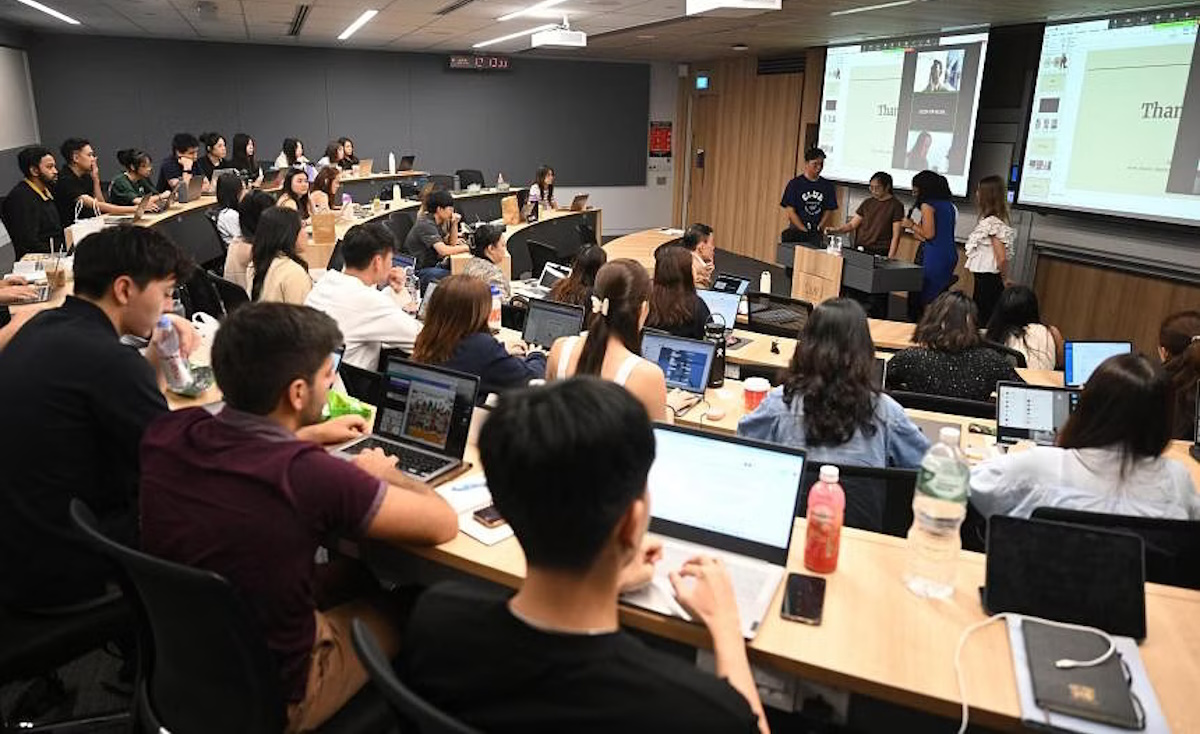As universities increasingly incorporate artificial intelligence (AI) into classrooms and academic settings, the response from students has been varied. While some embrace the potential of AI to enhance learning experiences, others express concerns about its impact on education and student engagement.
The integration of AI technologies in higher education encompasses various applications, from AI-powered tutoring systems to automated grading tools and personalized learning platforms. Proponents argue that AI can offer personalized support, facilitate data-driven decision-making, and optimize learning outcomes. Additionally, AI-driven tools can help instructors manage large class sizes more effectively and provide timely feedback to students.
However, despite the potential benefits, some students remain skeptical about the role of AI in education. One common concern is the potential for AI to exacerbate inequalities and perpetuate biases, particularly in algorithmic decision-making processes such as grading and admissions. Critics also raise questions about the loss of human interaction and the erosion of the teacher-student relationship in AI-driven learning environments.
Moreover, there are apprehensions about privacy and data security, as AI systems collect and analyze vast amounts of student data to personalize learning experiences. Students worry about the implications of sharing sensitive information with AI algorithms and the potential for misuse or unauthorized access to their data.
Another point of contention is the perceived lack of transparency and accountability in AI systems used in education. Students express frustration with opaque algorithms and automated decision-making processes, which they feel may not always be fair or accurate. There are calls for greater transparency, explainability, and ethical oversight in the development and deployment of AI technologies in higher education.
Despite these concerns, many students acknowledge the potential of AI to augment traditional teaching methods and support their academic journey. They value the convenience, efficiency, and accessibility offered by AI-driven tools and recognize the importance of adapting to technological advancements in a rapidly evolving digital landscape.
As universities continue to embrace AI in education, addressing students’ concerns and ensuring ethical and responsible AI use will be crucial. Transparency, inclusivity, and collaboration between students, educators, and developers are essential to harnessing the full potential of AI while safeguarding the integrity and equity of higher education.
Source: straitstimes.com















Got a Questions?
Find us on Socials or Contact us and we’ll get back to you as soon as possible.